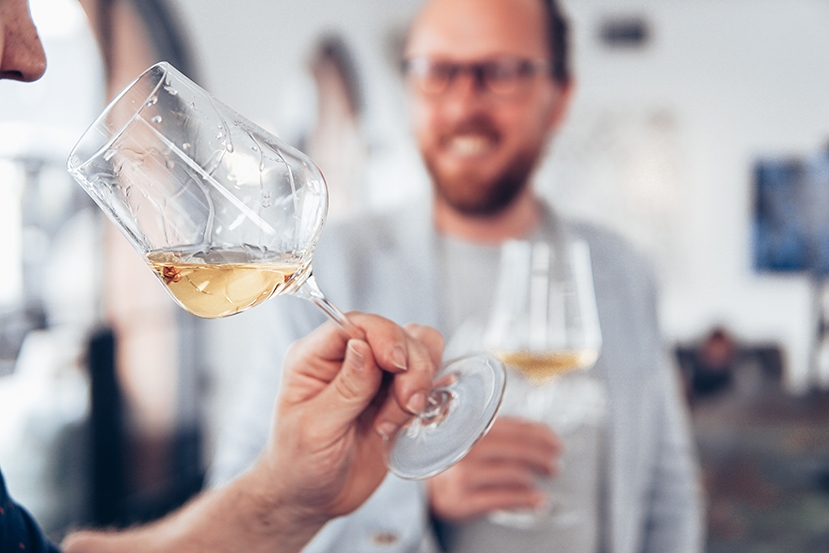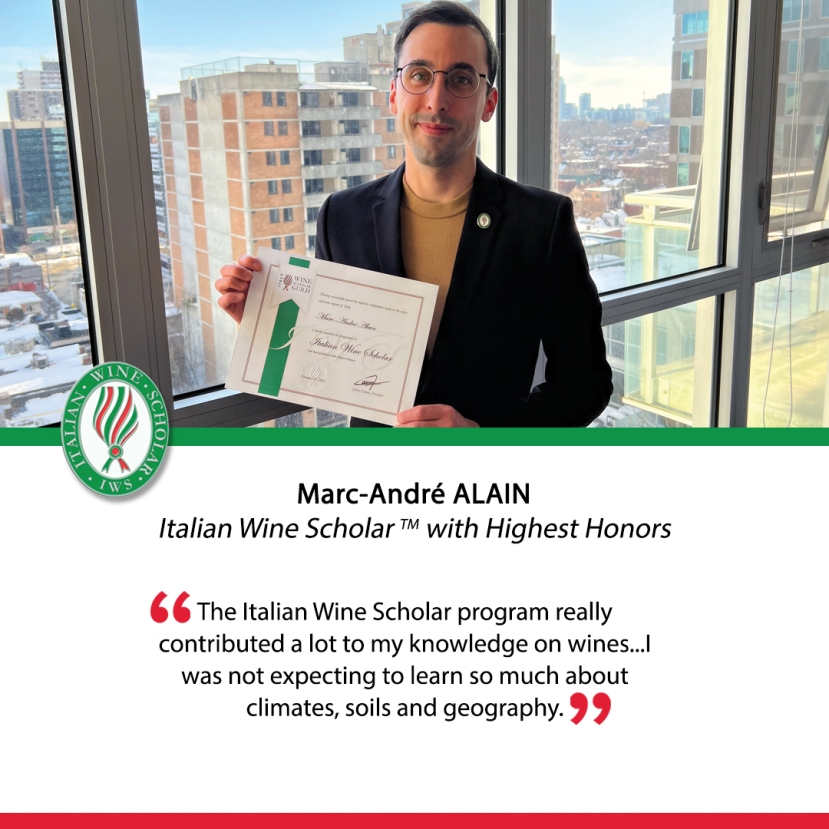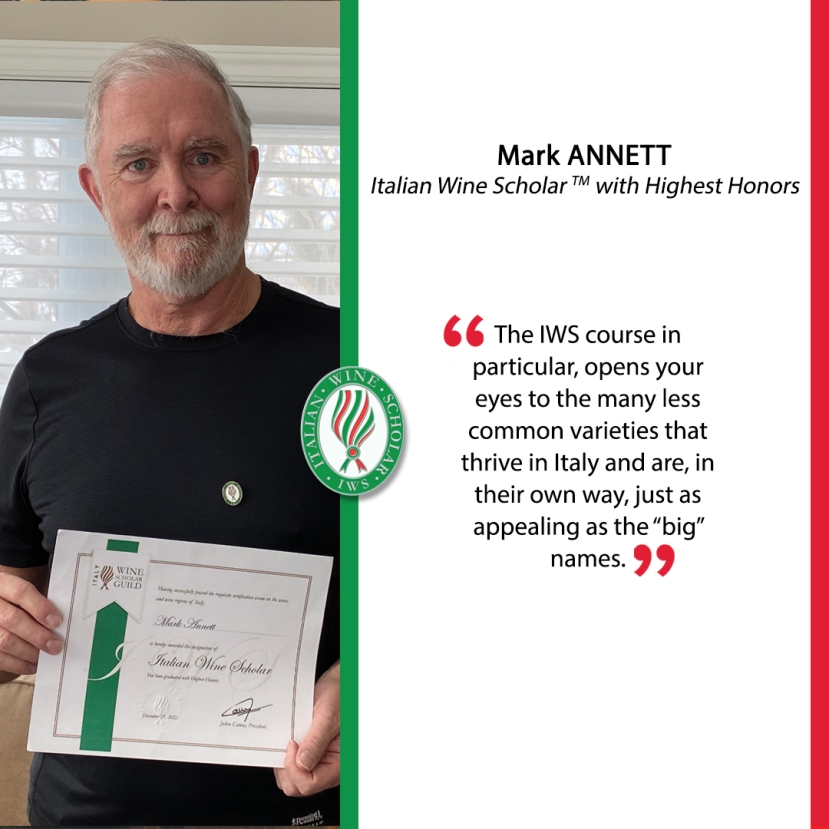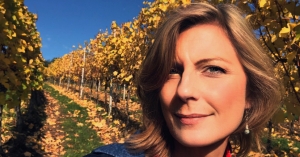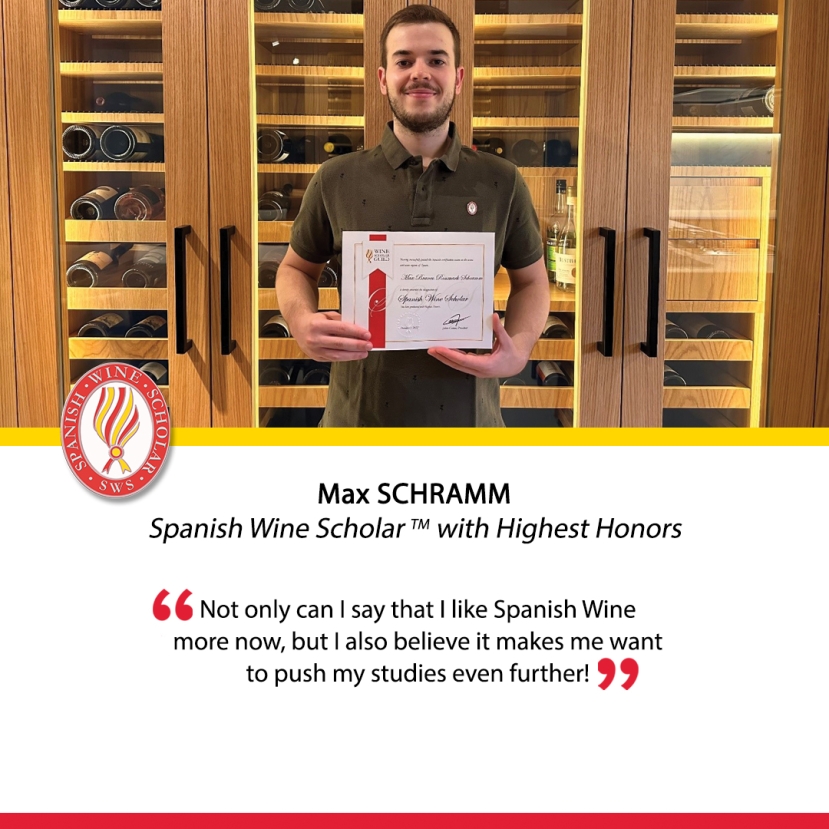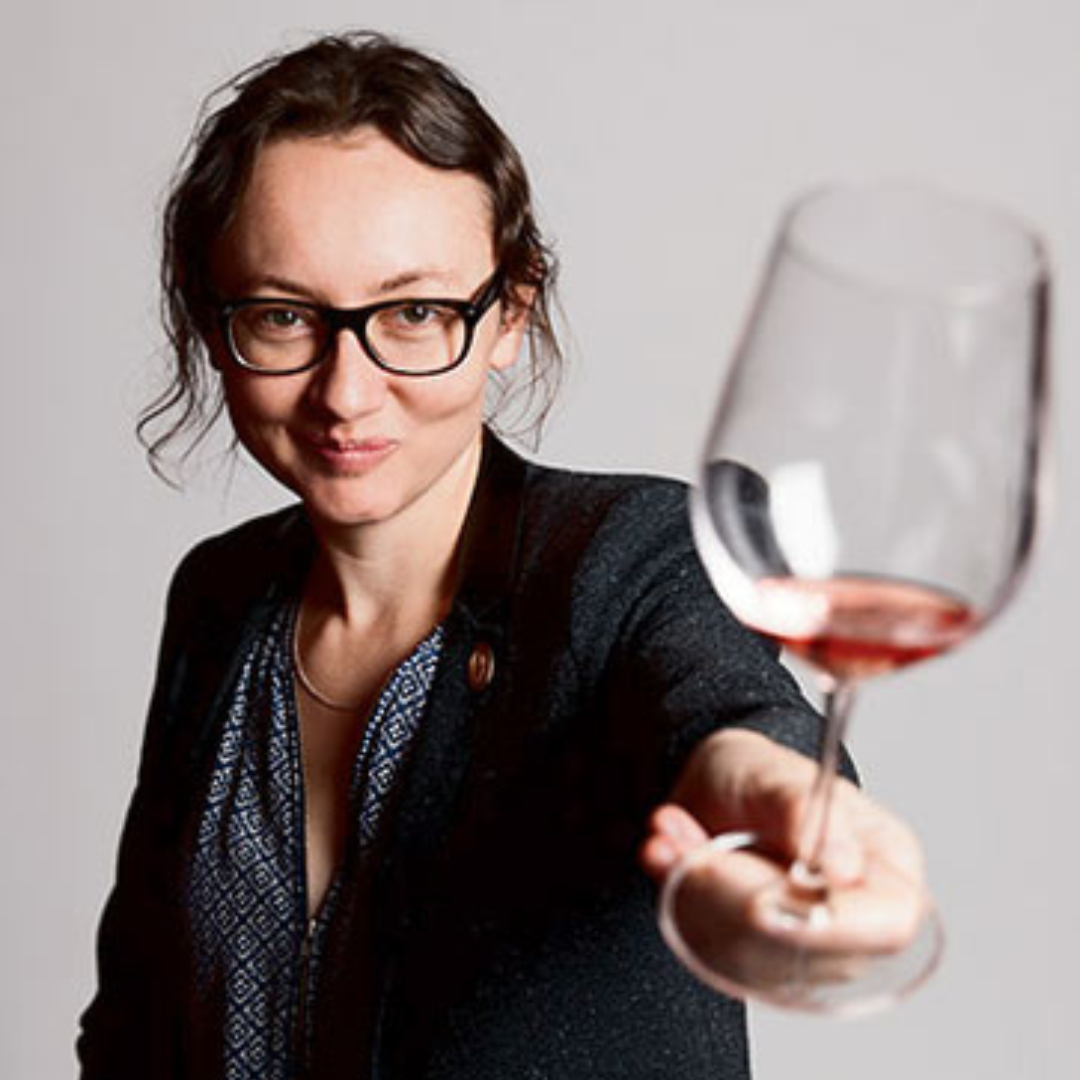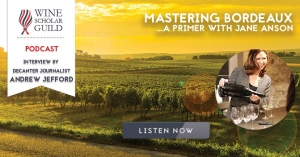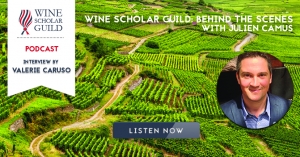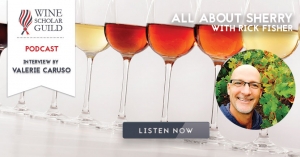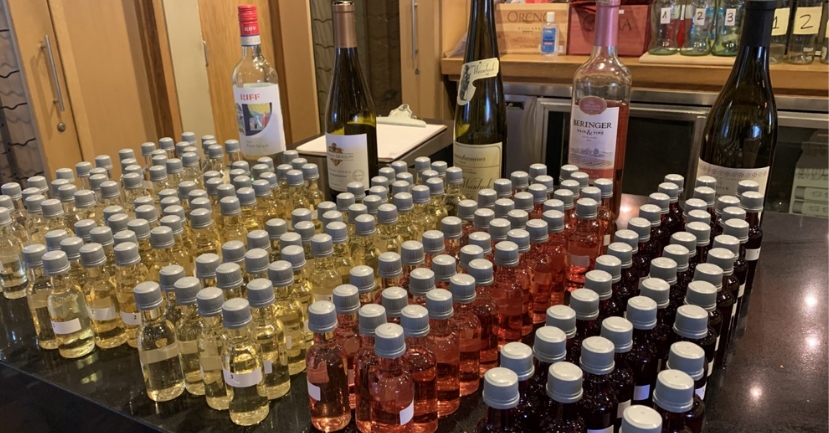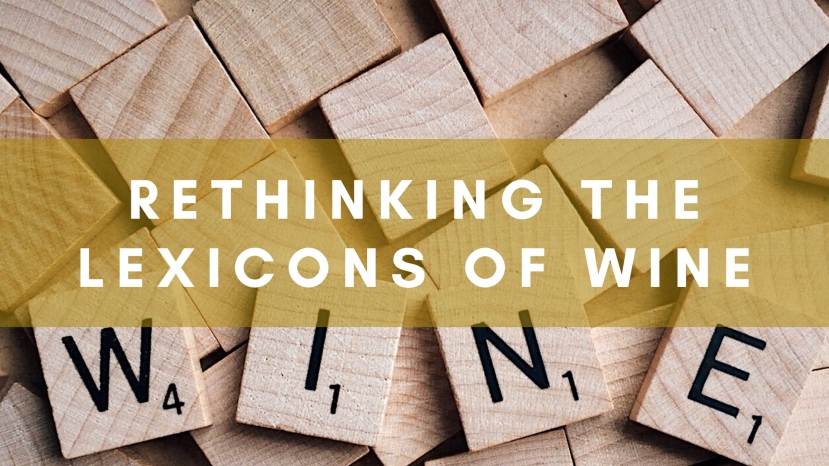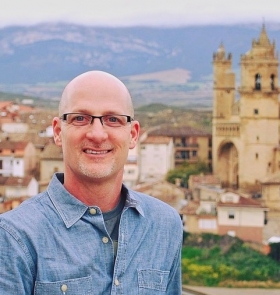BLOG
wine education
A lot of hard work goes into investing in your wine career and equally important is making sure that you have developed the right interpersonal skills or what is more commonly referred to as “people skills".
Congratulations to Marc-André Alain, IWS, for passing the Italian Wine Scholar exam with highest honors!
About Marc-André:
I have been a wine enthusiast for many years, but my real interest to learn more about this subject, including the
Congratulations to Mark Annett, IWS, for passing the Italian Wine Scholar exam with highest honors!
About Mark:
I am “officially” retired but for the past 5 years I have worked at wineries pouring wine for people, listening to their stories and
We are thrilled to announce that Mary Kirk will be joining the WSG team as our Community and Membership Manager.
Mary has been part of the WSG family since its beginnings and we are delighted to have her come onboard in this capacity as we know that she will be a great addition not only to our team, but more
Congratulations to Max Branco Rossmark Schramm, SWS, for achieving highest honors in the Spanish Wine Scholar exam with Celebrare, Brazil.
About Max:
I am 26 years old and I’m a Civil Engineer. I ended up in the alcoholic beverages’ world through beer. My brother
Summary:
Tokaj was the first region to classify its vineyards in the distant 17th century, and later forged an enviable reputation for its sweet, botrytised Aszú wines… which are now all but forgotten. Can this outstanding volcanic, cool-climate terroir reinvent itself with dry wines based on the region’s signature grape, Furmint? Wojciech Bońkowski, who wrote his MW Research Paper on a dry wine-driven reclassification of the vineyards, will discuss the current market and
Summary
In wine education and sensory science, we aim to train tasters who can exhibit consistency and accuracy in describing and quantifying aroma and taste. Any deviation from machine-like performance is seen as a flaw, and the popular press is quick to claim “wine experts can’t tell red wine from white wine!”
In
Synopsis:
Masterclass delving into what is new in terroir-focused Beaujolais, covering the region's recent soil mapping project, stylistic evolutions in the 10 crus and beyond, trends from the latest generation of winemakers, latest in sustainable winemaking and climate change adaptation, and more.
About the Speaker:
Jacky Blisson MW is an independent wine educator, video presenter, writer, and consultant with over two decades experience in all facets of the
Summary:
We are delighted to be joined by three esteemed guardians of these incredible important pieces of living history from our specialist regions of France, Spain and Italy. Moderated by our Membership Manager Justin Martindale MW, this webinar will discuss the various factors involved in curating these unique vineyards, covering a broad range of topics, including:
The relevance of low yielding vines
The quality of the wines produced by old
Summary
Join us for this very special event celebrating the launch of one of the most important new additions to the world of educational wine books. WSG is thrilled to welcome author and award-winning sommelière, Pascaline Lepeltier, in conversation with wine journalist Christina Rasmussen. Pascaline will share some of the
Pascaline Lepeltier is one of the world’s most respected and modern sommeliers and restaurateurs. Her list of accolades and professional achievements is endless. In 2018, she was the first woman ever to obtain the Meilleure Ouvrière de France in sommellerie (this is a very prestigious award that loosely translates to "best tradesperson of France") and the same year, she was named Best Sommelier of France. 2018 was action-packed for Pascaline as she also featured in popular wine-themed movie Somm 3.
Mastering Bordeaux, a primer with Jane Anson and Andrew Jefford of Decanter Magazine.
Founder and President of the Wine Scholar Guild, Julien Camus, talks about the roots of the Wine Scholar Guild, running the organization from his home in Alsace. He also gives a peek at some exciting future projects. We don't often get to hear from Julien, so this is a rare opportunity to hear about the evolution of the Wine Scholar Guild and the creativity behind the scenes.
In this episode, we are chatting with Rick Fisher, Spanish Wine Scholar Education Director, about Sherry styles and getting a behind-the-scenes peek at the forthcoming Spanish Wine Scholar Program.
Summary
Meet your new Membership & Community Manager! Join us for this one-off special Q&A with Justin Martindale MW who is taking over the position from Anna this January. Justin will be chatting about his background and experience, as well as his journey through the Master of Wine qualification and vision for the Membership programme going forward. At the end you will have an opportunity to pose your own questions to Justin to help get to know him and his plans for the
Sommeliers’ brains seem to fascinate scientists. Every few years, a new study pops up where somms are subjected to MRI scans whilst they blind taste and pontificate.
The attached highlights video gives you a flavor of some of the exciting new features coming to your membership program this year
Summary:
There are some big and exciting changes coming to WSG Membership this year. Over the last 12 months we've been busy working on a revitalized membership proposition that delivers you the best and most interesting wine content possible. I am hugely excited to announce that we'll be launching our new and improved membership programe in
In many ways, wine education relies on face-to-face contact between educators and students. After all, wine is a drink to be shared and which — for centuries — has stimulated conversation among those partaking. So last March, when it became apparent that the global spread of COVID-19 was about to alter the nature of “face-to-face” contact across every aspect of our lives, many wine educators were faced with a daunting prospect: how to carry on with classes.
Summary
The wine industry relies on the ability of wine communicators to persuade consumers to taste, but today’s wine lexicon often falls short of its objectives. Wine writing relies on metaphor and analogy that may be unfamiliar to many global wine lovers, while point scores, with their veneer of objectivity, reinforce the notion that there are right and wrong answers. The effect can be gatekeeping even as the wine industry tries to expand its shrinking
#thespanishwineguy joins the WSG team full-time
A couple of months ago we introduced you to Rick Fisher, our Program Developer for the upcoming Spanish Wine Scholar® (SWS) program. By way of reminder, Rick is part Catalan with a passion for his heritage and a desire to educate others about Spanish wine and food. In his spare time, he has authored the blog Bodega: Eat. Drink. Explore. ESPAÑA!, whose aim is to further educate readers about the amazing wines and food of Spain.Rick has enjoyed a long career in finance and, over the past few years, found himself drawn to pursuing more credentials within the wine industry (He is currently a WSET Diploma student with Napa Valley Wine Academy). As a result of his passion for Spain and the wine business, he left his finance job last week in order to devote all of his time to the creation of our Spanish Wine Scholar® program, whose expected launch is late-2018.Q1. Rick, you just made a huge personal move, giving up a 20-year career in finance – to work full-time in the wine industry, more specifically to devote all your time to the development of the SWS program. How are you feeling about that decision?

